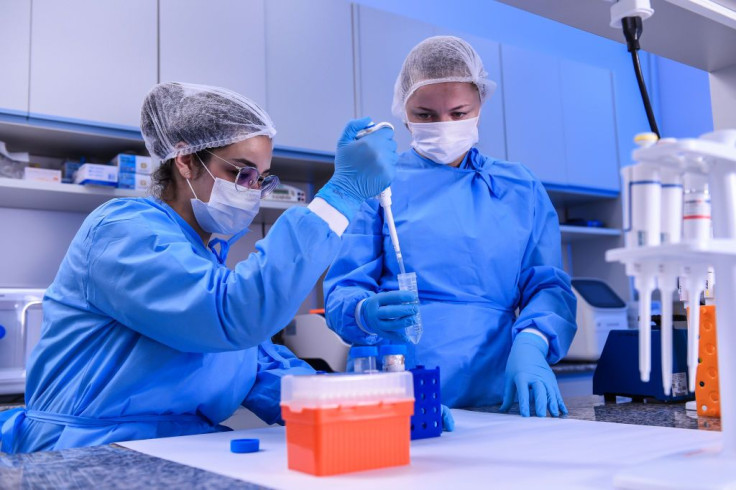
As the search for a COVID-19 vaccine continues, scientists are divided into what’s more effective: inhaled vaccines or conventional jabs. While most vaccines ideally require two shots to bear results, researchers continue to remain unsure about its effectiveness in entirety.
Currently, scientists are aiming to achieve turbo-charged immune responses with inhaled vaccines as they target the airway cells -- the point of invasion for the virus. Moreover, with inhaled vaccines targeting pathogens and preventing them from growing in the nose, the option seems a lot lucrative than usual.
“Local immunity matters,” said Frances Lund, a University of Alabama at Birmingham immunologist working with biotech Altimmune Inc. on an early-stage nasal inoculation, as per a report on Bloomberg. “The vaccines that can be delivered to generate that will have some advantages over vaccines that are delivered systemically,” he added.
Some of the biggest pluses of developing vaccines that are sprayed into the nose are that they don’t require needles, are likely to be free from the need to be stored and administered, and most importantly, can ship at low temperatures. While the idea seems promising, what needs to be noted is that the delivery devices are likely to be more complex.
That aside, it is certain that vaccines that target the airways are likely to offer fruitful dividends down the line. As per a recent report, an Oslo-based CEPI has been roped in to fund a Hong Kong project that’s directed at the same. What’s more, CEPI is likely to invest further in vaccines in an attempt to ensure that billions of doses of the vaccine are offered across the globe.
“Whether it’s our vaccine or another one that goes through an intranasal route that actually is successful at disrupting transmission and disrupting the pandemic, I take my hat off,” said Michael Diamond, an infectious disease specialist at Washington University in St. Louis. “If we contribute by compelling or nudging these companies to think about an alternative route for what may be a successful platform, then we’ve done our job,” he added.
Thinking along similar lines, Robin Shattock, an infectious disease specialist at Imperial College said, “This is a virus that’s transmitted through your respiratory tract, so if you want a vaccine that will really prevent infection and onward transmission you want to have an antibody response in your nose, in your lungs,” adding, “The most efficient way to induce that is by inoculating through that route.”
© 2025 Latin Times. All rights reserved. Do not reproduce without permission.




